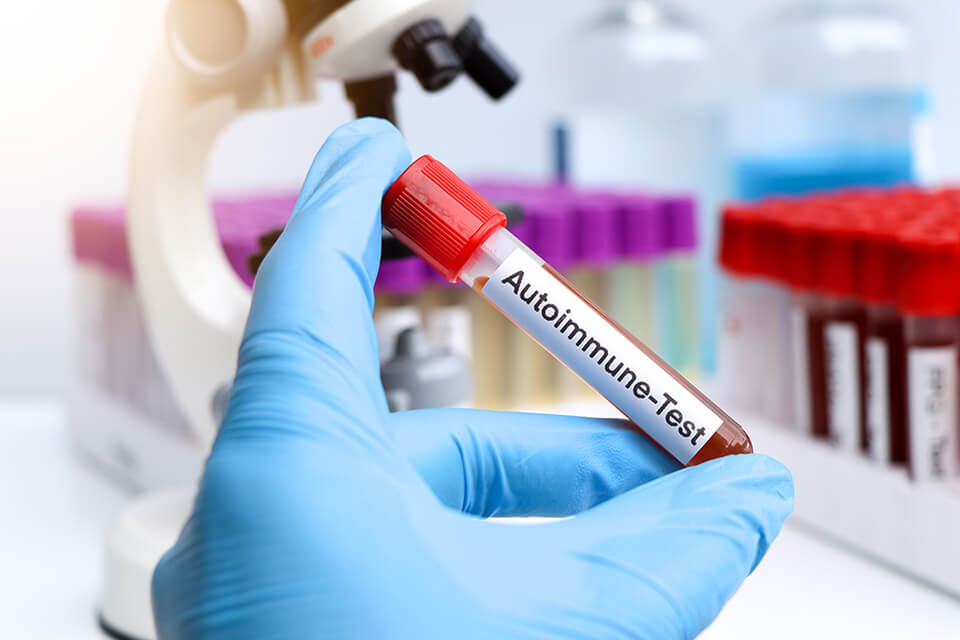Celiac Disease Profile
$108.00
This profile evaluates the likelihood that you have celiac disease.
Preparation:
There is no preparation for this test.Collection Method:
Blood DrawSample Type:
BloodProcessing Time:
4-7 days$108.00
About The Test
Test Overview
Symptoms
While celiac disease often causes gastrointestinal symptoms like diarrhea, abdominal pain, bloating, constipation, and gas, it also can cause symptoms that may seem entirely unrelated, such as irritability, depression, and headaches. Some people have no symptoms at all.
Left untreated, celiac disease can cause serious health consequences including:
- Malnutrition
- Osteoporosis
- Tooth enamel defects
- Central and peripheral nervous system disease
- Pancreatic disease
- Gall bladder, liver, and spleen disorders
- Infertility
- Intestinal lymphoma
Test Includes
Anti-Endomysial Antibodies (AEND)
Anti-endomysial antibodies are antibodies that target the endomysium, a part of the connective tissue. Their presence is often used as a marker for celiac disease, as their presence may be associated with an immune response to gluten.
Deaminated Gliadin IgG and IgA Autoantibodies (AGLP)
Deaminated Gliadin IgG and IgA autoantibodies are antibodies produced against a specific form of gliadin, a component of gluten, after it has been modified. These antibodies are commonly tested for in the diagnosis of celiac disease, as their presence is associated with immune responses to gluten.
Immunoglobulin A (IGA)
Immunoglobulin A (IgA) is a type of antibody that plays a crucial role in the immune function of mucous membranes, primarily found in areas like the digestive tract, respiratory system, and saliva.
Reflexed When Appropriate
Reflex testing refers to laboratory testing that is performed subsequent to initial test results and used to further identify significant diagnostic information for appropriate patient care.
Tissue Transglutaminase IgA (TTGAB)
Tissue Transglutaminase IgA (tTG-IgA) are antibodies against a specific enzyme, tissue transglutaminase, often used to test for celiac disease, as their presence suggests an autoimmune reaction to gluten.
Tissue Transglutaminase IgG Antibodies (TTIGG
Tissue transglutaminase IgG antibodies (tTG-IgG) are part of the immune system's response, primarily associated with celiac disease. They are often measured to help diagnose this condition, as their presence can indicate an autoimmune reaction to gluten.
Recommended For
Associated Conditions
- Bacterial overgrowth in the small intestine
- Microscopic colitis
- Pancreatic insufficiency
- Irritable bowel syndrome

 Health_Wellness
Health_Wellness





